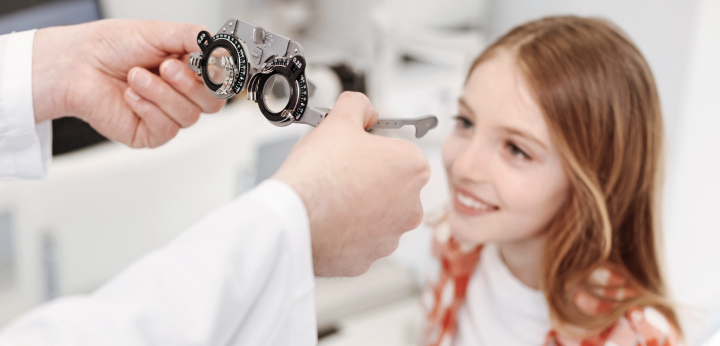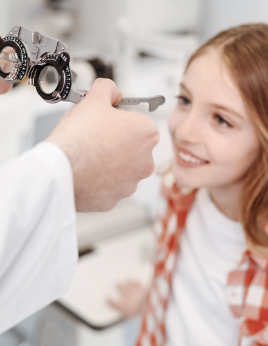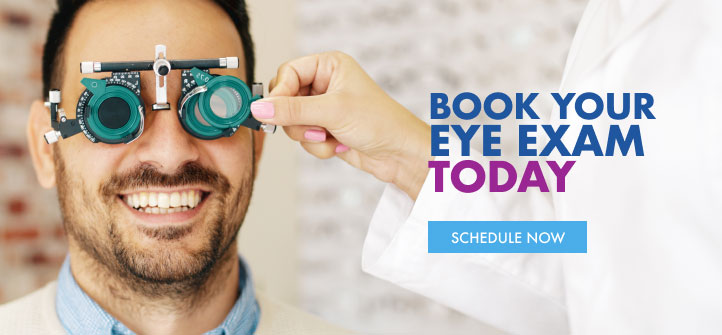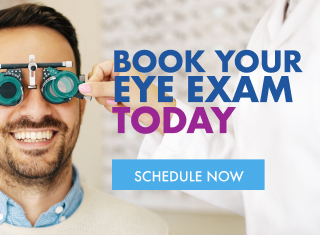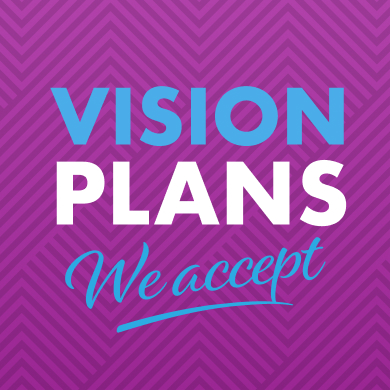
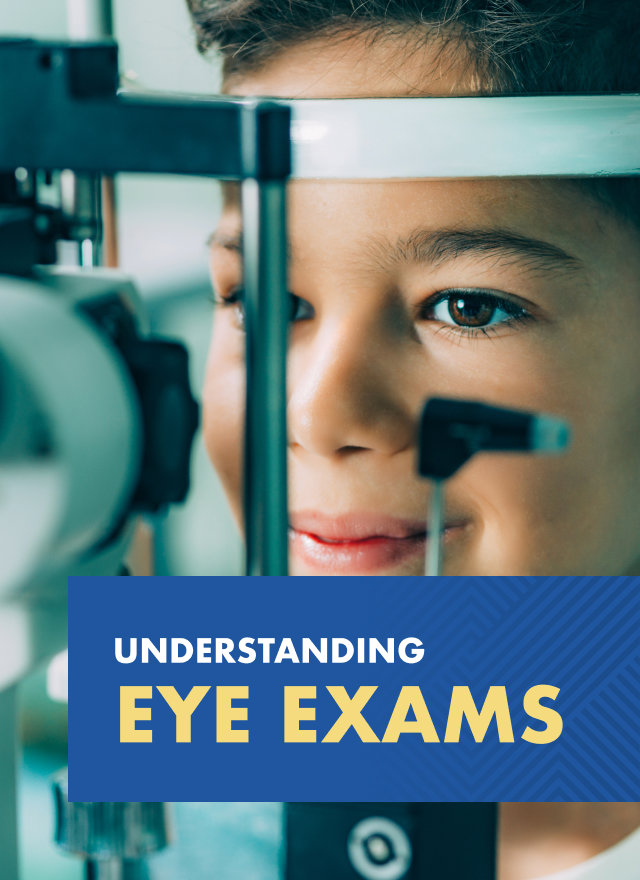
Understanding An Eye Exam Cost
During your eye exam, an optometrist will check your eye movement, alignment and depth perception to determine the overall health of your eyes. They may also perform visual field tests, glaucoma tests and pupil dilation as needed.
Here are some common misconceptions about eye exams, as well as some reasons why it’s important to take care of your eyes:
Myth:
My prescription has been the same for years, so I don’t need to schedule an eye exam until my vision starts to change.
Fact:
Your prescription may stay the same, but a comprehensive eye exam can help you detect other health conditions early on – before they can cause more serious complications.
Myth:
Eye exams cost a lot of money.
Fact:
At Boscov’s Optical, we offer lots of options that make it easy to cover the cost of your eye exam. We accept thousands of vision insurance plans that typically cover one eye exam per year*. We also accept many health spending accounts (HSAs) as a method of payment, and even your Boscov’s credit card.
Myth:
Since kids get eye exams at school, they don’t need a separate eye appointment.
Fact:
While schools provide vision testing, it’s not a substitute for a comprehensive eye exam. As kids grow and change, so do their eyes. At Boscov’s Optical, we use testing equipment that can detect issues that may affect the development of your child’s eyes.
Myth:
It’s not a priority for me.
Fact:
If you have unused vision insurance benefits, you’ve already paid for your annual eye exam—why let it go to waste?
Myth:
I visit my primary doctor regularly.
Fact:
Your vision changes slowly over time. While these changes may not be noticeable at first, even slight changes in your eyesight can cause headaches, difficulty seeing up close and eye fatigue. These issues are only detected during a comprehensive eye exam, not during a wellness visit with your primary care provider.

